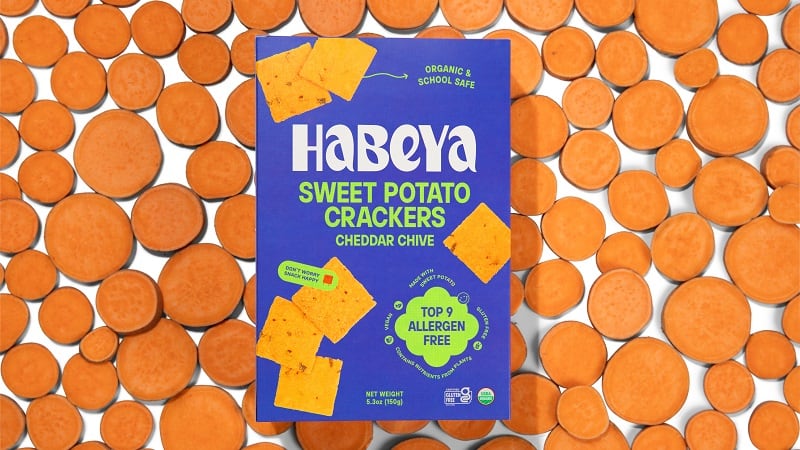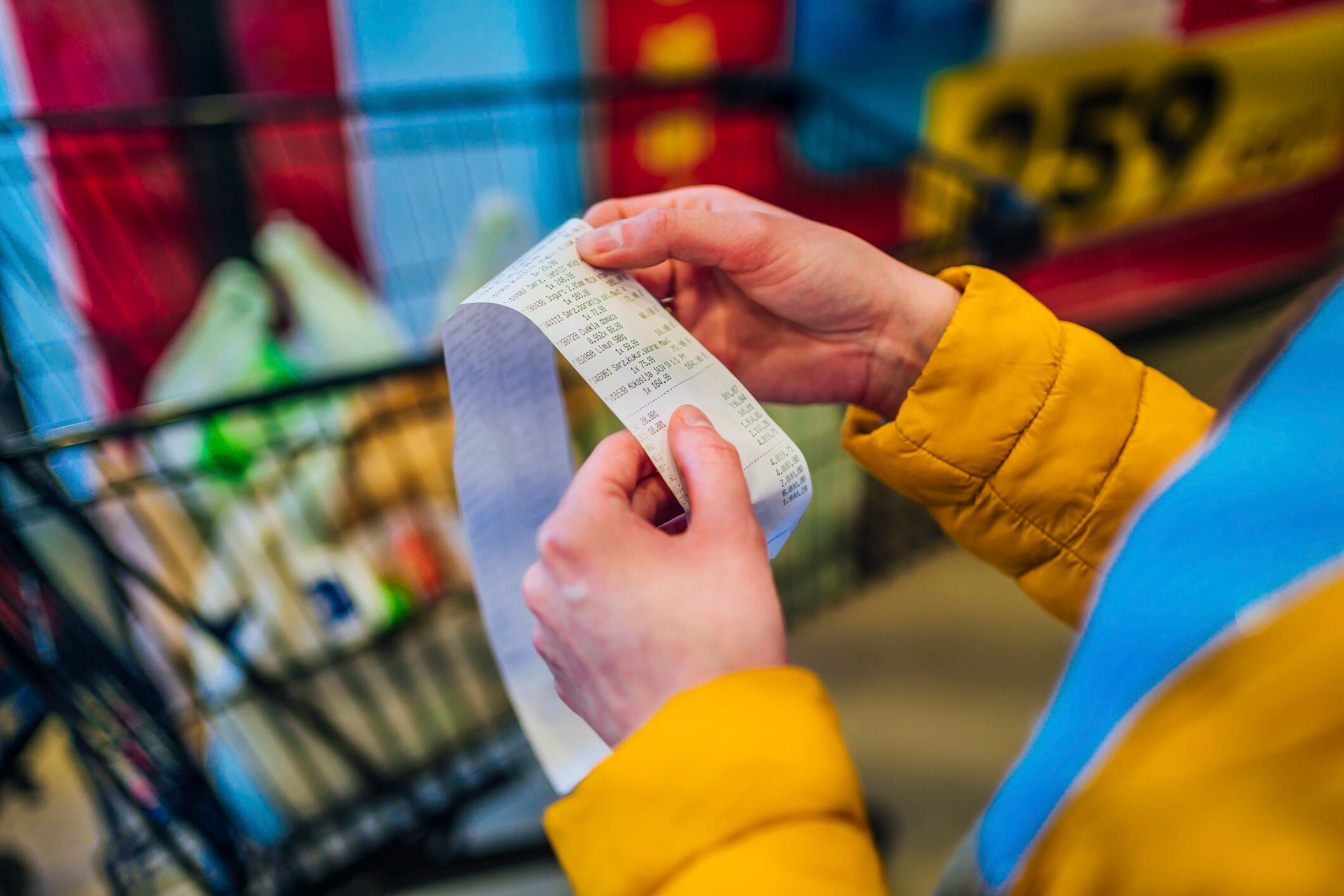As cocoa prices soar, brands are countering cost pressures through flavor and function innovation, NotCo’s B2B pivot streamlines plant-based innovation, and consumer preferences for value are giving rise private label and premium snacks.
While companies have seen a slight relief from skyrocketing cocoa prices since December 2024 – which reached an all-time high of $12,906 per metric ton – the strain on price is expected to persist through 2025.
High cocoa prices are pushing brands to rethink formulas – such as swapping in cocoa butter, cutting refined sugar, and embracing whole ingredients like fruits, nuts, and florals for clean-label, functional confections wrapped in bold, imaginative packaging.
Innovations in cocoa alternatives, like combining the more affordable cocoa powder with concentrated cocoa fat, may help ease inflationary costs without sacrificing taste. Companies like Butter Buds’ Cocoa Butter Buds ingredient is made from a patented enzyme modification that concentrates cocoa fat so it can be used in low levels.
Biotech company Yali Bio’s precision fermentation-based alternative to cocoa butter offers a potentially cost-effective option to conventional cocoa butter. While not available on the market just yet, the company is preparing a dossier for Generally Recognized as Safe (GRAS) status.
Brands Coba’s and Galleon Chocolate’s use of white chocolate, which is made from the more affordable cocoa butter (versus cocoa solids), serves as both an economic and culinary solution.
Other chocolate brands like Spring & Mulberry and Celia Chocolatiers enhance chocolate flavors with berries, florals, nuts and botanical oils and improving sugar content by switching from refined sugar to coconut sugar, for example.
LISTEN to full story: 5 trends reshaping chocolate: From clean label to flavor innovation to cost containment
More tariff coverage from FoodNavigator
Trump’s tariff pause means little for America’s dairy trade: With duties on Mexico, Canada and China unaffected by the 90-day tariff pause, US dairy exporters would be left feeling high and dry
US increases EU food inventories ahead of tariffs: Some US businesses have stockpiled EU food and drink in a bid to increase short-term stability
Tariffs hit baked goods: How one startup is responding with innovation and retail expansion: Better-for-you baked good brand Hero Bread focuses on retail growth and innovation amid market volatility spurred by the Trump administration’s tariff plan
Tariffs: White House exempts key dietary ingredients like vitamins, amino acids: The White House has published a list of products exempt from both the Global Tariff and Reciprocal Tariffs, with the list including vitamins, amino acids, CoQ10, minerals and some other supplement ingredients.
NotCo repositions as a B2B player for streamlined CPG innovations
Ingredient tech company NotCo is shifting to B2B, offering its AI platform Giuseppe for licensing through Concept Quant, a solution that helps brands efficiently develop trend-driven products using consumer digital twins.
The company debuted Concept Quant during Future Food-Tech San Francisco last month as a lower cost solution for companies to launch products more quickly than conventional methods.
For the last decade, NotCo leveraged its proprietary Giuseppe platform to partner with major food players like Kraft Heinz for plant-based version of its iconic mac & cheese and Shake Shack to develop an eggless custard much quicker and at a lower cost.
NotCo’s high profile partnerships allows it to democratize Giuseppe through Concept Quant for other CPG businesses by creating consumer digital twins to identify values and pain points and integrate these insights into brands’ values for products tailored to a specific market and usage occasions, among others.
WATCH full story: Soup-to-Nuts Podcast: NotCo opens access to its game-changing AI technology to speed product innovation
Consumers are still snacking, but are more selective
The snack category’s split between premium and private label brands reflects consumers’ constrained spending habits. Based on the initial tariffs announced Liberation Day, experts expect taxes to increase by $2,100 per household. As consumers balance their budgets, Circana suggests they are indulging in snacks more selectively.
Super premium snack volume sales increased by 0.2 percentage points, compared to name brands declining by 1.1 percentage points for the year ending Jan. 26, per Circana data.
Private-label chocolate candy and non-chocolate units increased by 17.1% and 11.4%, versus mainstream versions which dropped by 4.2% and 0.8%, respectively, for year ending Dec. 29, per Circana.
Value channels like club and dollar stores are gaining traction among consumers who are looking to maximize their shopping and avoid unnecessary store trips. Unit shares of snack sales for club and dollar channels are growing 6.6% and 3.9%, respectively, for year ending Dec. 29.
Read full story: Inflation concerns fuel snack market bifurcation



